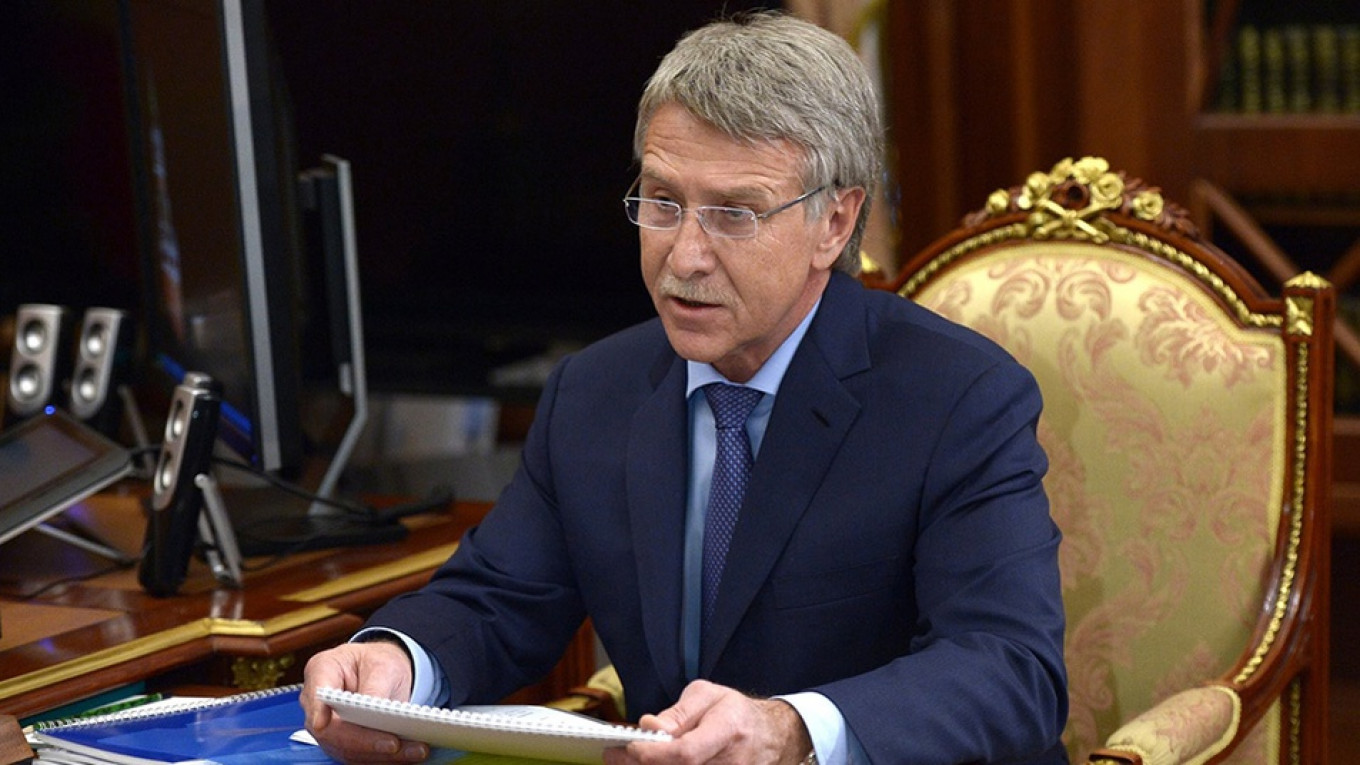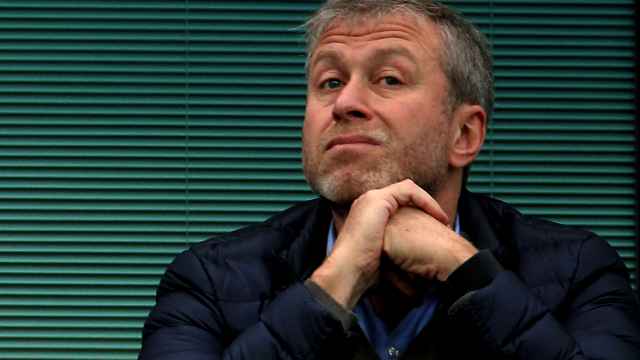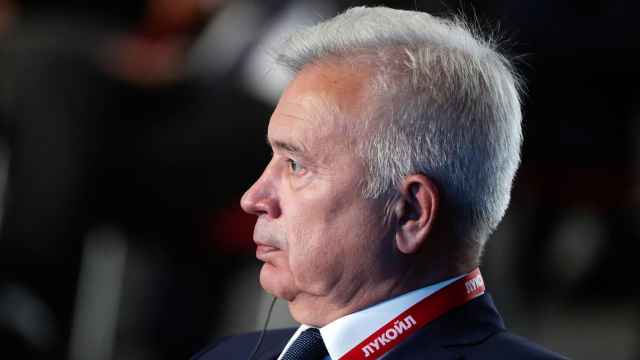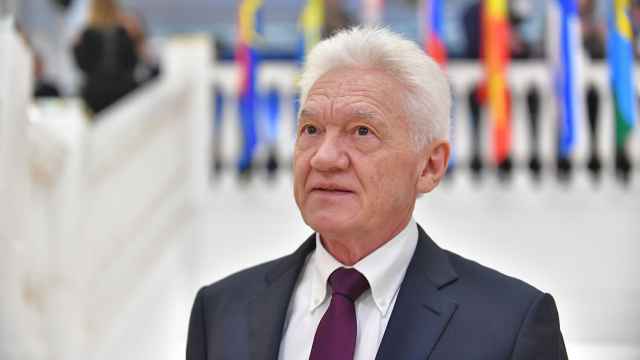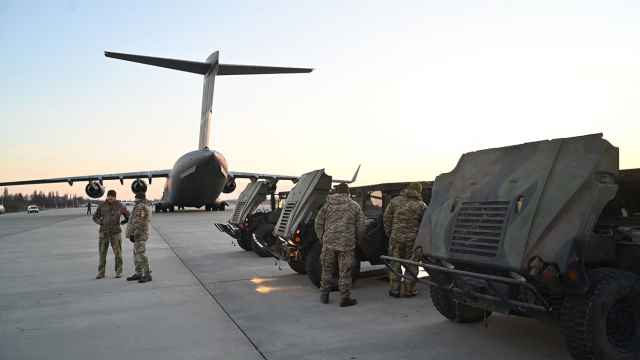International sanctions haven’t kept Russia’s oligarchs from bringing in billions of dollars in the first six months of 2018.
The U.S. Treasury Department released a list of 96 Russian oligarchs with a net worth of more than $1 billion in early 2018 that were possible targets for sanctions. In April, the U.S. levied sanctions again seven oligarchs for their alleged interference in the 2016 U.S. election.
Despite an unfavorable business climate, 11 of the 24 richest Russians have together expanded their wealth by upwards of $10 billion in the first half of the year, according to data from the Bloomberg Billionaires Index. Another 13 billionaires lost more than $7 billion from Jan. to July 3, 2018.
Leonid Mikhelson, currently Russia’s richest man with a net worth of $19 billion, earned the lion’s share of the money at $2.23 billion, according to the list of billionaires. Mikhelson is the CEO of Novatek, an independent oil and gas company based in Russia.
The second largest sums of money were earned by LUKOIL chairman Vagit Alekperov, who earned upwards of $2 billion; and Andrei Melnichenko, the largest shareholder of the EuroChem fertilizer company, who made $1.56 billion through mid-2018.
Investor Gennady Timchenko, a close ally of Putin who Reuters reported recently had to cut loose his private jet because of Western sanctions, along with Chelsea football club owner Roman Abramovich, earned the fourth and fifth-most so far this year, at $1.46 billion and $1.13 billion each.
But not all Russian billionaires did well. Viktor Vekselberg, a metal tycoon recently forced to cut shares in some foreign companies after Swiss banks reportedly froze $1 billion of his accounts, lost almost $1 billion. Supermarket magnate Sergei Galitsky also posted losses of almost $1 billion.
A Message from The Moscow Times:
Dear readers,
We are facing unprecedented challenges. Russia's Prosecutor General's Office has designated The Moscow Times as an "undesirable" organization, criminalizing our work and putting our staff at risk of prosecution. This follows our earlier unjust labeling as a "foreign agent."
These actions are direct attempts to silence independent journalism in Russia. The authorities claim our work "discredits the decisions of the Russian leadership." We see things differently: we strive to provide accurate, unbiased reporting on Russia.
We, the journalists of The Moscow Times, refuse to be silenced. But to continue our work, we need your help.
Your support, no matter how small, makes a world of difference. If you can, please support us monthly starting from just $2. It's quick to set up, and every contribution makes a significant impact.
By supporting The Moscow Times, you're defending open, independent journalism in the face of repression. Thank you for standing with us.
Remind me later.


